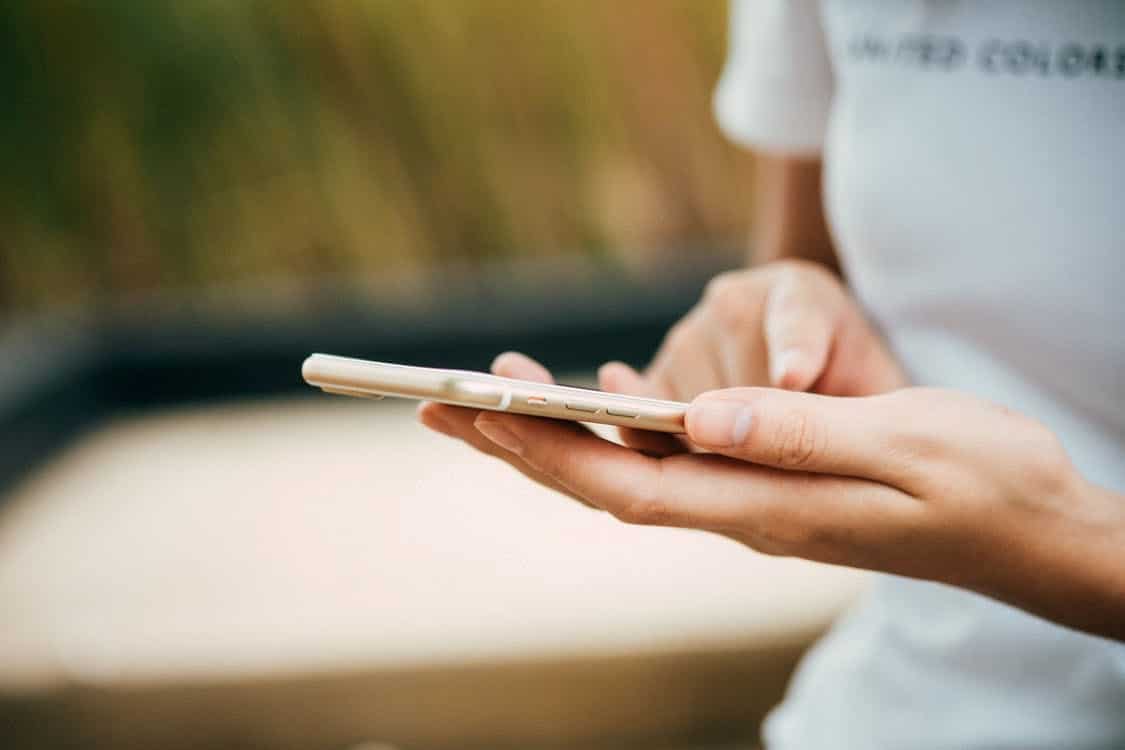The iPhone, a flagship product of Apple Inc., has become an integral part of many individuals’ daily lives. Its sleek design, user-friendly interface, and many features make it a top choice for consumers worldwide. However, with the increasing reliance on smartphones for personal and professional tasks, maintaining security cannot be overstated.
Two-Factor Authentication
Two-factor authentication (2FA) adds an extra layer of security to your Apple ID. Instead of relying solely on a password, 2FA requires a second verification step, usually a code sent to a trusted device. By enabling 2FA, even if someone knows your password, they won’t be able to access your account without the second verification step.
Strong Passcode and Biometric Features
A robust passcode is the first line of defense against unauthorized access. Opt for a six-digit code or an alphanumeric password for enhanced security. Additionally, iPhones have biometric features such as Touch ID or Face ID.
These features use your fingerprint or facial recognition to unlock the device, offering a secure and convenient method to ensure only you can access your phone.
Regular Software Updates
Apple frequently releases software updates addressing security vulnerabilities and enhancing overall performance. Regularly updating your iPhone ensures you benefit from the latest security patches, reducing the risk of potential breaches.
Limit Lock Screen Options
The lock screen can display a wealth of information, from text messages to calendar events. Limiting what’s visible on the lock screen reduces the chance of someone gaining access to personal information without unlocking the device.
Beware of App Permissions
Applications often request permission to access various features on your phone, such as your camera, contacts, or location. Always be cautious when granting these permissions. Only provide access to apps you trust and understand why they need specific permission.
Find My iPhone
This feature lets you track your device’s location if it is lost or stolen. Additionally, you can remotely erase all data on the device, ensuring your information doesn’t fall into the wrong hands.
Avoid Automatic Wi-Fi Connections
Your iPhone can automatically connect to known Wi-Fi networks. However, this can be risky, especially if the network isn’t secure. Disable this feature to ensure you only connect to trusted networks.
Protective Software
While iPhones are known for their robust security features, installing additional protective software can offer added peace of mind. However, always be wary of fake apps that might do more harm than good.
Summary
In the digital age, threats to data security are omnipresent. Cybercriminals devise new methods to breach systems and gain unauthorized access to sensitive information. Especially with betting options, users must be vigilant to ensure their data remains uncompromised.
In today’s interconnected world, ensuring the security of personal devices is paramount. By implementing the abovementioned measures, iPhone users can significantly enhance their device’s security, safeguarding their data against potential threats. As technology evolves, staying informed and proactive in adopting security best practices will always be paramount.


